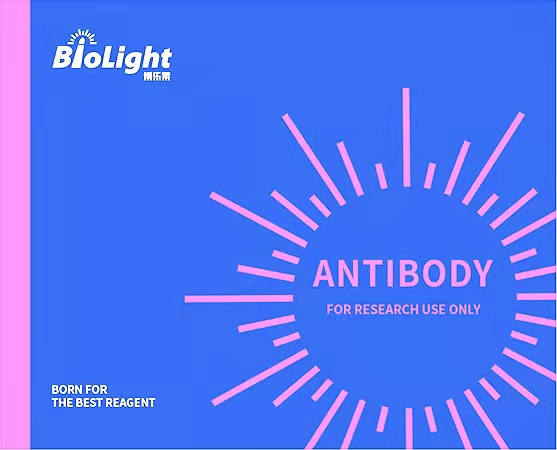
Anti-IL33 Antibody, Rabbit Polyclonal
产品编号:PA00513HuA10
$ 询价
规格 50uL 100uL 200uL
产品名称:Anti-IL33 Antibody, Rabbit Polyclonal
经验证的应用:WB/IHC/IF
交叉反应:/
特异性:human IL33
免疫原:Recombinant human IL33 protein, fragment Ala95~Thr270; UniprotKB: O95760
制备方法:Produced in rabbits immunized with human IL33, and purified by antigen affinity chromatography.
来源:Polyclonal Rabbit IgG
纯化:Immunogen affinity purified
缓冲液:Supplied in PBS, 50% glycerol and less than 0.02% sodium azide, PH7.4
偶联物:Unconjugated
状态:Liquid
运输方式:This antibody is shipped as liquid solution at ambient temperature. Upon receipt, store it immediately at the temperature recommended.
储存条件:This antibody can be stored at 2℃-8℃ for one month without detectable loss of activity. Antibody products are stable for twelve months from date of receipt when stored at -20℃ to -80℃. Preservative-Free. Avoid repeated freeze-thaw cycles.
别称:DV27, C9ORF26, IL1F11, NFHEV, Interleukin-1 Family, Member 11, Nuclear factor from high endothelial venules
背景信息:IL-33. IL-33, also known as NF-HEV and DVS 27, is a 30 kDa proinflammatory protein that may also regulate gene transcription (1‑3). DVS 27 was identifed as a gene that is upregulated in vasospastic cerebral arteries (1). NF‑HEV was described as a nuclear factor that is preferentially expressed in the endothelial cells of high endothelial venules relative to endothelial cells from other tissues (2). IL‑33 was identified based on sequence and structural homology with IL‑1 family cytokines (3). DVS 27, NF‑HEV, and IL‑33 share 100% amino acid sequence identity. IL‑33 is constitutively expressed in smooth muscle and airway epithelia. It is up-regulated in arterial smooth muscle, dermal fibroblasts, and keratinocytes following IL‑1 alpha or IL‑1 beta stimulation (1, 3). Similar to IL‑1, IL‑33 can be cleaved in vitro by caspase‑1, generating an N‑terminal fragment that is slightly shorter than the C‑terminal fragment (3, 4). The N‑terminal portion of full length IL‑33 contains a predicted bipartite nuclear localization sequence and a homeodomain‑like helix‑turn‑helix DNA binding domain. By immunofluorescence, full length IL‑33 localizes to the nucleus in HUVECs and transfectants (2). The C‑terminal fragment, corresponding to mature IL‑33, binds and triggers signaling through mast cell IL‑1 R4/ST2L, a longtime orphan receptor involved in the augmentation of Th2 cell responses (3, 5‑7). A ternary signaling complex is formed by the subsequent association of IL‑33 and ST2L with IL‑1R AcP (8). Stimulation of Th2 polarized lymphocytes with mature IL‑33 in vitro induces IL‑5 and IL‑13 secretion (3). In vivo administration of mature IL‑33 promotes increased production of IL‑5, IL‑13, IgE, and IgA, as well as splenomegaly and inflammatory infiltration of mucosal tissues (3). Full length and mature human IL‑33 share52‑58% aa sequence identity with mouse and rat IL‑33. Human IL‑33 shares less than 20% aa sequence identity with other IL‑1 family proteins.
全称:Interleukin-33 (IL33)
说明书:待上传

